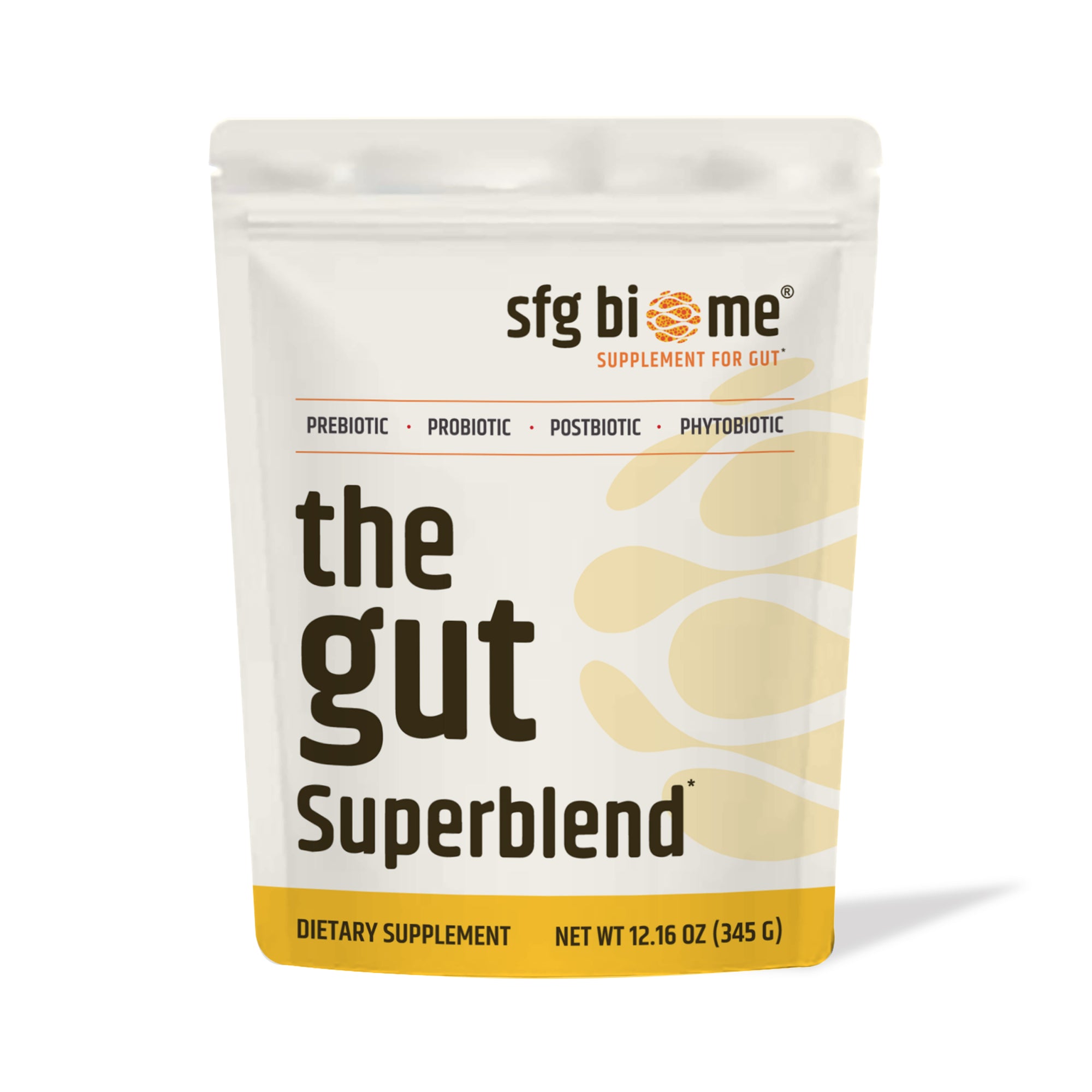What Exactly Are Phytobiotics?
Phytobiotics are bioactive compounds naturally found in plants, including herbs, fruits, vegetables, spices, and seeds. These compounds—such as polyphenols, flavonoids, and essential oils—aren’t living like probiotics. Instead, they support gut health by influencing the growth and activity of beneficial gut bacteria and helping maintain a balanced microbiome.
You can think of phytobiotics as “plant power for your gut.” They interact with your microbiome, promoting an environment where good bacteria can flourish while limiting harmful microbes.
How Phytobiotics Support Gut Health

1. Encouraging Good Gut Bacteria
Phytobiotics help create a favorable environment for “good” microbes such as Lactobacillus and Bifidobacterium. By supporting microbial balance, they help keep your digestive system running smoothly.
Some plant compounds—like polyphenols from green tea—act like mild prebiotics, feeding beneficial bacteria and stimulating their growth, while also helping reduce the overgrowth of harmful strains.
2. Helps Ease Gut Inflammation
Your gut lining is delicate, and when it becomes irritated, it can lead to digestive discomfort and irregularity. Certain phytobiotics, like curcumin from turmeric or flavonoids from berries, have been shown to help calm this inflammation naturally.
By supporting a healthy inflammatory response, they help your gut barrier stay strong and resilient.
3. Supporting the Gut Barrier integrity
Your intestinal lining acts like a filter—letting nutrients in while keeping toxins and harmful microbes out. Some phytobiotics are known to strengthen this barrier by supporting tight junction integrity (the tiny connections between intestinal cells).
A stronger barrier means a lower chance of “leaky gut”–type symptoms, where unwanted particles escape into the bloodstream.
4. Helping with Bloating
Bloating, gas, or irregularity can often result from an unbalanced microbiome. Phytobiotics support smoother digestion by modulating gut bacteria and reducing compounds that cause discomfort. Some plant extracts—like peppermint and ginger—are already well-known for their ability to ease mild digestive upset.
5. Offering Antioxidant Support
Phytobiotics are rich in antioxidants, which help neutralize free radicals that can damage gut cells. Antioxidant support also eases oxidative stress—a factor often linked with gut inflammation and discomfort.
Phytobiotics in Dietary Supplements

While you can get phytobiotics naturally from a diet rich in fruits, vegetables, herbs, and spices, phytobiotic supplements are becoming more popular for convenient daily support. These supplements often combine plant-based extracts known to:
- • Support digestive balance
- • Promote beneficial gut flora
- • Help maintain a healthy gut barrier
- • Support immune function naturally

The Bottom Line
Phytobiotics bridge the gap between nutrition and gut science. By working hand-in-hand with your microbiome, they help your digestive system stay balanced, comfortable, and resilient. Adding phytobiotic-rich foods—or thoughtfully formulated supplements—can be a simple way to support your gut health naturally.
FAQs
1. What’s the difference between phytobiotics, probiotics, and prebiotics?
- • Probiotics: Live bacteria (and sometimes yeasts) that colonize the gut and support digestion, immune function, and microbial balance.
- • Prebiotics: Non-digestible fibers and compounds that feed beneficial gut microbes, helping them grow and produce health-promoting metabolites like short-chain fatty acids.
- • Phytobiotics: Plant-derived bioactive compounds (such as polyphenols, flavonoids, and essential oils) that encourage beneficial bacteria, inhibit pathogens, and help maintain a balanced microbiome.
2. Can phytobiotics help with bloating or digestive discomfort?
Yes, certain phytobiotics like ginger, turmeric, and peppermint extracts supports digestive comfort and eases occasional bloating, thanks to their gut-soothing and balancing effects.
3. Are phytobiotics safe to take daily?
Phytobiotics from food are naturally safe for most people. When taken as supplements, follow the label or consult your healthcare professional before use—especially if you’re pregnant, nursing, or on medication.
References
- • Potential Health Benefits of Plant Food-Derived Bioactive Components: An Overview
- • Plant-Derived Bioactive Compounds and Potential Health Benefits: Involvement of the Gut Microbiota and Its Metabolic Activity
- • The Impact of Plant Phytochemicals on the Gut Microbiota of Humans for a Balanced Life




